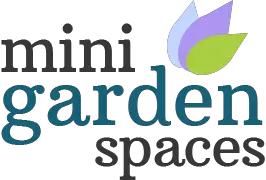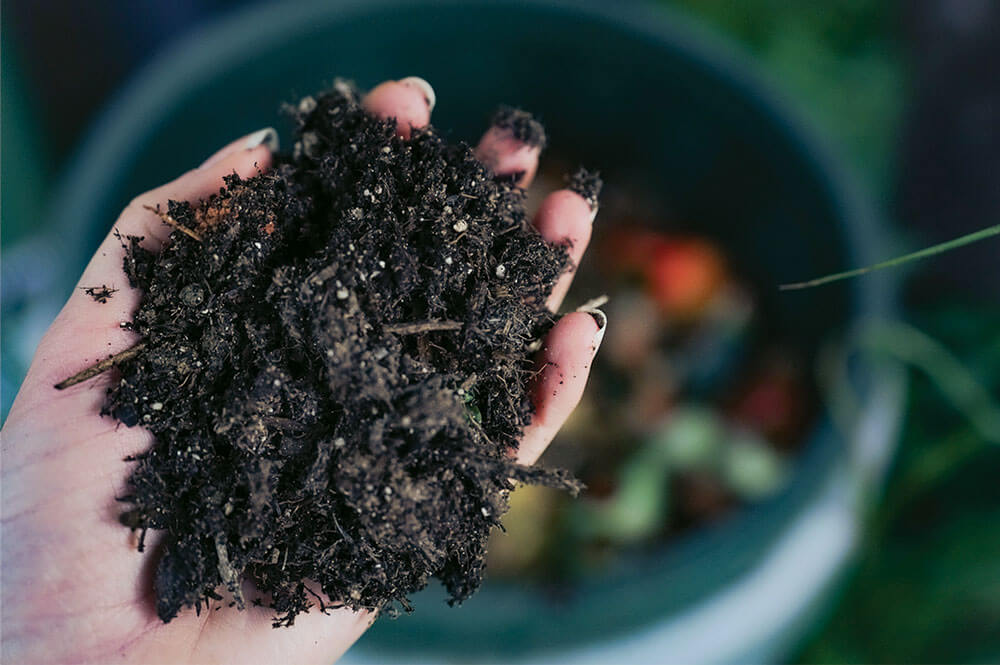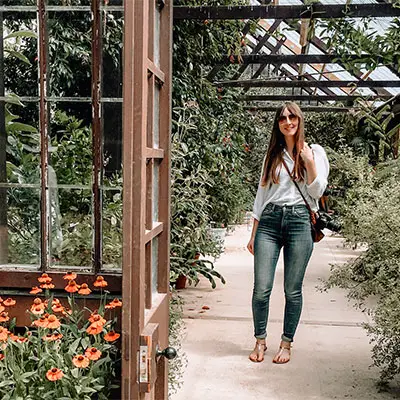The Difference Between Hot and Cold Composting
June, 2022 |Knowing the difference between hot and cold composting will help you choose the best composting method for your garden space. In a small garden, every inch of space is valuable. So, choosing the quickest and most efficient composting method is the best way to make the most of your mini garden space.
There are several different composting methods to choose from, whether you’re composting on a balcony, or adding a bin in the corner of your small garden.
So, what is the difference between hot and cold composting?
The main difference between hot and cold composting is the effort required and the length of time it takes. Cold composting is the most low-maintenance method and hot composting requires some additional steps. While hot composting requires more work, it tends to be the most efficient.
Below we cover each method in detail, including how long it should take and what it involves.
What is hot composting?
As a process, hot composting is a method that relies on heat and microbes to quickly and efficiently break down waste.
Heat occurs naturally as these microbes begin to work their magic. But there are ways to enhance it. By creating optimum conditions for the microbes that naturally break down organic matter.
Hot composting tips:
- Hot composting works best when the waste you add is as small as possible. For example, some people will shred or chop up kitchen waste even further as it helps it break down quicker.
- You need to turn and mix hot compost regularly to allow an even breakdown. This means you’ll need to roll up your sleeves and churn the compost every few days with a fork to ensure everything is well mixed.

From chopped kitchen waste to crumbly compost, hot composting will generally take about 1 month. But if the conditions aren’t quite right or your balcony or garden is shady, it may take an extra month or two.
Hot composting on a balcony is a fantastic way to efficiently recycle your kitchen waste and create your own nutritious compost in a limited space.
The benefits of hot composting
One of the most appealing benefits of hot composting is its quick turnaround time. If you have the extra time and energy to invest, this is definitely a great composting method to choose.
- Quicker than cold composting
- Regularly stirring the compost is great exercise
- Hot composting generally smells less than cold composting
- Kills unfriendly bacteria and weed seeds
- Generally produces more compost
- Easier to empty the freshly produced compost
What is cold composting?
Cold composting is more of a laid-back composting method. It involves layering up your compost bin with the usual mix of ‘green’ and ‘brown’ ingredients and then simply leaving it to do its thing.
The organic matter will break down naturally, but without mixing or adding smaller waste (chopped up veg or finely shredded wood or paper), it will take much longer.
For a small cold composting bin, you should expect to wait 6-12 months for everything to break down properly.
Benefits of cold composting
One of the main benefits of cold composting is that it takes minimal effort, only patience!
- A great option for laid-back gardeners or those with limited abilities
- Often considered more nutritious (as long as rainwater doesn’t wash away the nutrients)

Choose the best compost method for your small garden
Each composting method has its own pros and cons. But ultimately, the best composting method for you will depend on how much time and effort you have to invest.
- Hot composting will create a higher volume of compost
- Hot composting will make compost quicker than cold composting
- Cold composting is a great low-maintenance option
When filling your bin, just make sure you know what should go into a compost bin and which items you should avoid adding into your compost.






